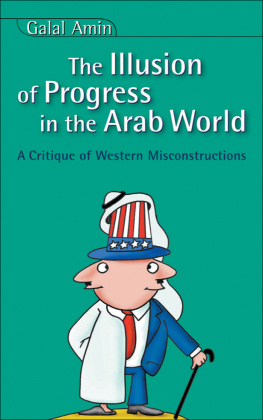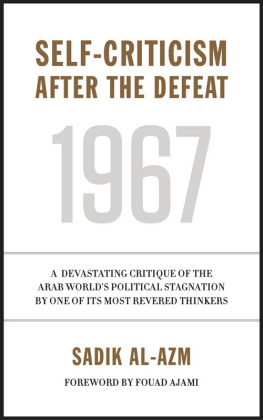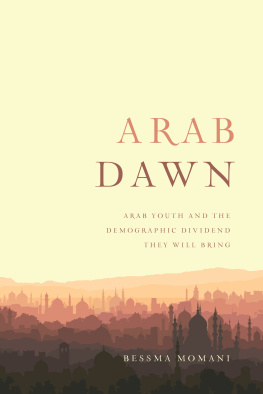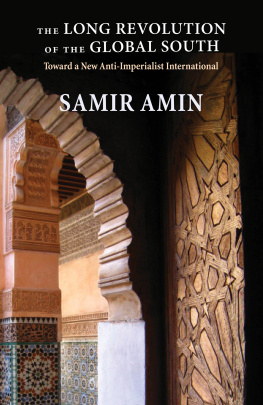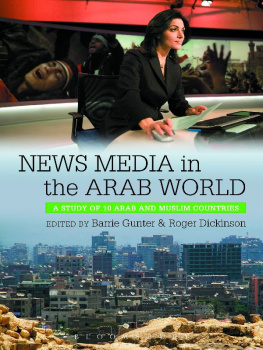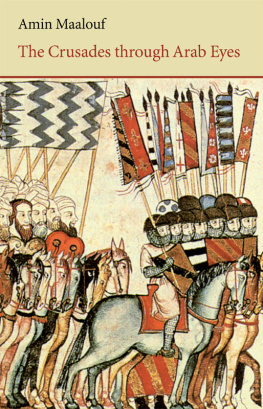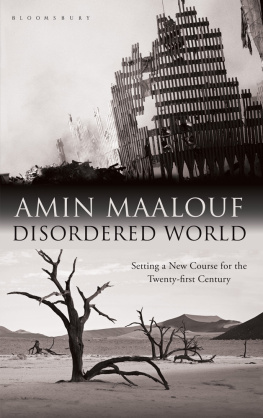The Illusion of Progress in the Arab World
The Illusion of Progress in the Arab World
Galal Amin
Translated by David Wilmsen
English translation copyright 2006 by
The American University in Cairo Press
113 Sharia Kasr el Aini, Cairo, Egypt
420 Fifth Avenue, New York, NY 10018
www.aucpress.com
Copyright by Galal Amin
First published in Arabic in 2005 as Khurafat taqaddum wa taakhkhur al- arab wa-l-hadara al-arabiya fi mustahall al-qarn al-wahid wa-l-ishrin Protected under the Berne Convention
All rights reserved. No part of this publication may be reproduced, stored in a retrieval system, or transmitted in any form or by any means, electronic, mechanical, photocopying, recording, or otherwise, without the prior written permission of the publisher.
Dar el Kutub No. 14060/05
ISBN 977 424 971 2
Designed by Sally Boylan/AUC Press Design Center
Printed in Egypt
Contents
Preface
This book raises many doubts about the belief in progress, i.e., the belief that human history is a history of continuous improvement, with every historical epoch being superior to the one before. It also raises doubts about the belief that some countries or nations are advanced compared with others that are considered to be backward, less developed, or lagging behind and whose primary need is to catch up with the more developed nations. The alleged advance of the West is the main target of discussion in this book in contrast to the alleged lagging behind of the Arabs.
It is not denied that there are important areas of life in which some countries have achieved real progress compared with others. What is denied is that there is such a thing as general or overall progress, or that there are countries that are advanced in a general sense, without specifying the particular areas in which they are ahead of others.
The book begins by arguing that this belief in progress, which is so widespread today, is by no means a very old belief, nor is it self-evident; and some explanations for its emergence and spread are presented ().
Six other areas are then put forward, in which there is widespread belief that some countries have achieved greater progress than others but where reasons could be given to doubt that such major achievements have indeed been made. These six areas are: freedom, political democracy, economic organization, human rights, the information revolution, and ethics (chapters 49).
In , the labeling of some countries or nations as more guilty than others of fostering terrorism, is also rejected and the phenomenon of terrorism is analyzed so as to show the true motives behind the international campaign to fight it.
Two well-known books are analyzed in the light of the rejection of the idea of progress, namely Aldous Huxleys Brave New World and George Orwells 1984, both books being taken as arguing that what is often regarded as progress is really progress backward ().
The last chapter admits the existence of a dire need for reform in the Arab world, but distinguishes between the needed reform and the process of modernization that is actually taking place in the name of progress.
1 The Illusion of Progress
Every age has its myths and legends. One of the myths of the modern age is the idea of progress: that human history represents a continuous movement from bad to better, as if climbing the rungs of a ladder, with every rung being not only higher but also better than the one below it. If that were truly the case, then the present must be better than the past, and the future will be better than both.
By belief in the idea of progress, I do not mean simply a belief that with time, humans realize progress in certain things, I mean the belief that humans realize an overall and indiscriminate advance, not in this thing or that, but in their way of life taken as a whole. Nor is it that humans are subject to constant changefor change can involve improvement in some things and disaster in othersbut that they are constantly getting better. I maintain that the belief in progress is widespread, almost as if it were part of the air we breathe. It seeps into us through the school curriculum when we are young, we gulp it down in books and in the media, and it is force-fed to us in political speeches and development plans.
We divide history into the early, medieval, and modern periodsthe implication being, of course, that the modern is the best of them alland political systems into traditional, which is to say early, and modern. Moving from the first to the last of these is considered highly desirable. Economic advancement is divided into similar stages. First, there is the traditional stage, followed by a stage of preparation for take-off, by the take-off itself, then by the stage of maturity, and finally the stage of mass high consumption, which is really nothing but the current American lifestyle. Some writers have said lately that with the fall of the Soviet Union and the Socialist bloc, we have reached the end of history. But in his The End of History and the New Man Francis Fukuyama does not intend to refute the notion of progress; he just maintains that mankind has finally gained the wisdom necessary to realize that the ideal political and economic regime is that of free markets and liberal democracy of the type currently applied in the United States. He would argue that the future still holds more improvement, albeit not in the arena of ideology or choice of political and economic systems.
Can there be any better description of persons or things than to say that they are modern? By the same token, is there any worse thing to say than that they are reactionary, or behind the times, or swimming against the tide of history, or living in the past? Otherwise, why the huge celebration at the dawn of the twenty-first century and the clamor with which the new century was rung in? Politicians need say little more to inspire reform efforts than to assert the necessity of preparing ourselves for the new century or to say that if we do not do this or that we will slip gradually back into the nineteenth century or even further back into the Middle Ages, while others more diligent will deservedly progress into the twenty-first century.
No doubt, this faith in the idea of progress is strongly related to our intense interest in children. We almost take it for granted that they should be better than we are, and we marvel at them when we see them operating computers with greater skill than we can muster, mastering new types of musical instruments, and recognizing in an instant the different models and makes of automobiles while they treat their elders the way they treat anything out of the past.
Even with art and literature, which are supposed to be less subject to the same measures as objective science and not given such assessments as backward and advanced, it is regarded as high praise of an old painting, an ancient ceramic vase, or a poem composed by a poet of old, to say that it is surprisingly modern, i.e., that it approaches current styles in remarkable ways. Another way of saying this is to indicate that the given piece of art anticipates what follows, or that it is ahead of its time.
We do not usually find this reverence for the future and blind surrender to the concept of progress to any large degree among those with a lower education level and incomeindeed, we might not find it there at all. This does not mean that they are simple in judgment or that they are less able to grasp the truth. All it means is that they have not been subjected to the same powerful force-feeding of the doctrine of progress, reverence for the future, and scorn for the past precisely because of their limited education and their restricted access to the mass media and modern culture. This might sound like a praise of illiteracy, but I only wish to call attention to some of the received concepts and articles of faith that comprise contemporary education and with which students are indoctrinated as if they were truths. Among these received concepts is the belief in progress.

